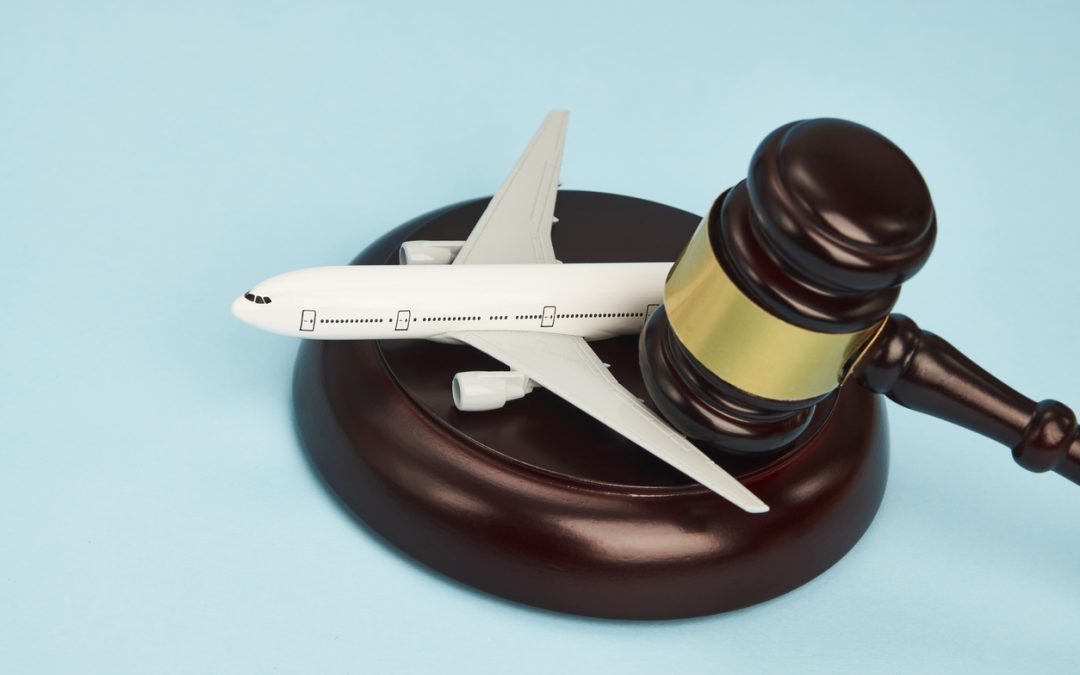This discussion will not be well explained if the concept of aeroplane accidents is not explained. An aeroplane accident can be said to be that which can occur on a flight leading to injury on passengers between the times of embarking and disembarking a plane. These injuries can come in various forms either minor or major injury depending on the nature of the accident.
Perhaps you have been involved in or know someone who has been involved in an aeroplane accident, you might be eligible to make an aeroplane accident compensation claim against the airline company you flew with either local or international flight.
Aeroplane accidents happen every day onboard aircrafts, aircraft can be classified into various categories. either jet, Helicopter, amphibious airplane or fighters. Most of the time, these accidents are through no fault of their own. Aeroplane accidents differ from minor injuries to severe injuries, depending on the nature of the accident as stated earlier.
The reason why all of this happens is that aircraft travel is generally the safest means of transportation; however, aeroplane accidents on board a flight are still common. Aeroplanes are usually a scary place, especially for people who are afraid of flying. It may interest you to know that most times some aircraft operators themselves are usually afraid of flight too. Haven stated this, let’s delve into the legal aspect of aeroplane claims in Nigeria. Globally speaking and considering international coverage that aviation provides, Nigeria is a party to the Convention for the Unification of Certain Rules for International Carriage by Air (Montreal Convention) 1999, a major international law air treaty governing an air carrier’s liability for damages caused to its passengers during an aeroplane accident, including death. The Montreal Convention of 1999 has replaced the Warsaw Convention, 1929 and has been ratified by the Nigerian Legislature in line with Section 12, 1999 Constitution of the Federal Republic of Nigeria, it has been currently incorporated into Nigerian Law, as captured in Section 48(1) of the Civil Aviation Act, 2006.
Consequently, the case of Harka Air Services (Nigeria) Ltd v Keazor stated that liabilities of an air carrier to its passengers could arise from Injury sustained while onboard or Death of a passenger during the course of a journey, Loss, damage of goods/baggage, Delay or cancellation of flights.

Furthermore, the Consumer Protection Regulations which are contained in Part 19 of Nigeria Civil Aviation Regulations 2015 form the bedrock of liability of air carriers. Both regulations are sacrosanct as they fill in gaps left in the Montreal Convention and the Civil Aviation Act. This has paved a way for victims of air disasters to make claims under the law of torts because most air disasters give rise to tortious liability.
The claims for damages in aeroplane accidents can either be special or general. Note that For a claim of general damages to succeed, the claimant need not specifically prove fact. However, special damages must be particularly pleaded. The purpose of general damages is to compensate for damages suffered from wrongful acts, done deliberately. Where the act done is deliberate, it is said to be implied hence it need not be specifically proved.
An example of a deliberate act that resulted in damages is the Germanwings Flight 9525 which was a scheduled international passenger flight from Barcelona–El Prat Airport in Spain to Düsseldorf Airport in Germany. The flight was operated by Germanwings, a low-cost carrier owned by the German airline Lufthansa. On 24 March 2015, the aircraft, an Airbus A320-211, crashed 100 km (62 mi; 54 nmi) north-west of Nice in the French Alps. All 144 passengers and six crew members were killed. The crash was deliberately caused by the co-pilot, Andreas Lubitz, who had previously been treated for suicidal tendencies and declared unfit to work by his doctor. Lubitz kept this information from his employer and instead reported for duty. Shortly after reaching cruise altitude and while the captain was out of the cockpit, Lubitz locked the cockpit door and initiated a controlled descent that continued until the aircraft hit a mountainside.
By 2017, Lufthansa had paid €75,000 to the family of every victim, as well as €10,000 in pain and suffering compensation to every close relative of a victim.
In conclusion, there is a general maxim of law which posits that Ubi jus ibi remedium. Ubi jus ibi remedium is a Latin legal maxim that translates to “where there is a right, there is a remedy.” It encapsulates the principle that when a legal right is violated, the law provides a corresponding remedy or relief to the aggrieved party.

